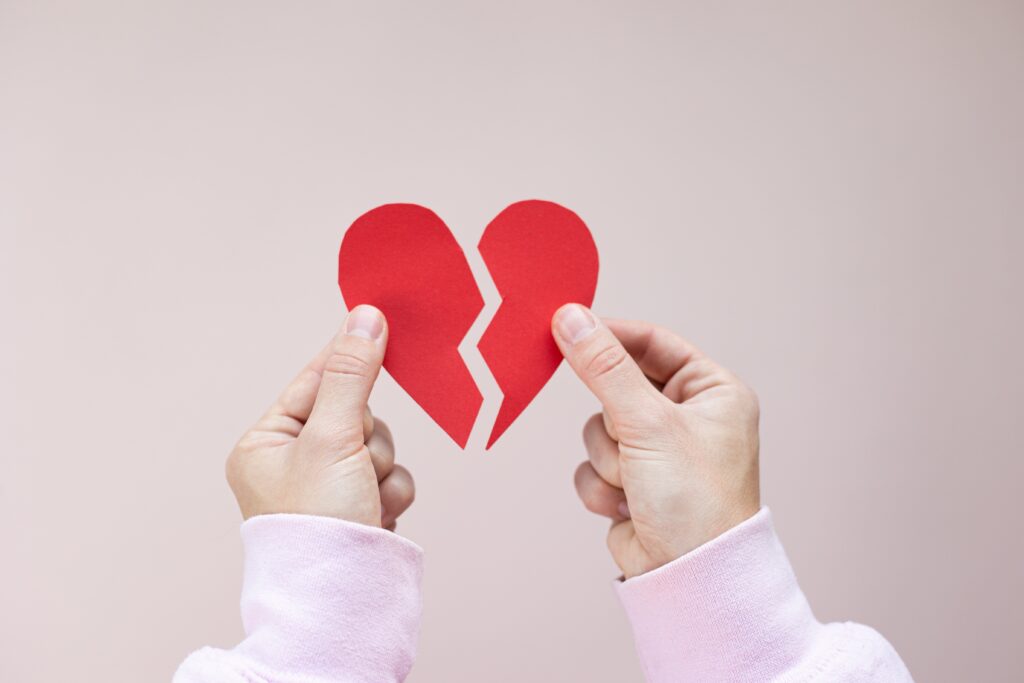Broken heart syndrome is a medical term for someone who had few risk factors for heart disease and was previously healthy before a physical weakening of the heart due to emotional stress. Often considered the stuff of literature, science today recognizes that our physical hearts are affected by great trauma and stress. One can indeed die of a broken heart.
With this in mind I ponder the state of hearts.
I think about the heart of the mother who has lost all of her children. I think about another mother whose child lives, but flirts with atheism and sin.
My eyes fill with tears at the loss of home, property and safety that plagues our countries. And I consider the convert who has lost old friends and perhaps family – and suffers from the ‘side-entrance’ syndrome that plagues our mosques.
I find news on my WhatsApp© thread of burning neighborhoods and I witness an adult child burn her good deeds with harsh and cruel words to her elder.
Is it possible that our umma does not suffer from a broken heart? There is so much grief, so much loss. Do each of us suffer from our own dangerous heart rhythms?
And if we are in this tragic state, what can we do? Is it more activism that we need? Do we need to unplug and just pray? What wisdom do we find in the life of the Prophet ﷺ?
The year of sadness was a time of great grief for our Prophet ﷺ. He had seen the fledgling community suffer for years at the hands of Quraish. People he loved and cared for had been starved, tortured and thrown into a state of economic ruin by Quraish. Then at the peak of that stress, his beloved uncle died leaving him vulnerable to attack and then his friend, supporter and beloved wife Khadija died as well. We understand that the Prophet ﷺ suffered great grief and sadness at this time. Still concerned about the few believers, he set off with his adopted son Zaid b. Haritha, to visit Ta’if and appeal to their kinship in his request for sanctuary. They rejected and ridiculed him.
A 2011 study at the University of Michigan found that social rejection affects the brain in the same way as physical pain.
The Prophet ﷺ was in a painful and tragic state. Indeed in modern language we might say that his heart was broken.
Allah (swt) sent him his reward and healing in the Isrāʾ and Miʿrāj, a physical and spiritual trip to Jerusalem and to the Heavens. Here the Prophet ﷺwas given the five daily prayers.
We need our own Isrāʾ and Miʿrāj. We are broken hearted. We need to see heaven and hell clearly and become solidly linked to the afterlife and the unseen world. We must see dunyā as the fleeting moments that it is and cling to that which is permanent. We must pray and pray and pray.
The Harvard Medical School Journal (2012) says that each of us recover from traumatic grief following our own internal map. It recommends that we help each other and reach out in wisdom.
As an umma and as individuals we must actively begin to heal. We must come back to regular prayers and raise our arms high in duʿāʾ seeking relief from the true Healer, the One who holds our hearts in His hands.
Broken heart syndrome is not permanent and patients can recover quickly under the right circumstances. May we all recover and go forth with healed and healthy hearts. Āmīn

